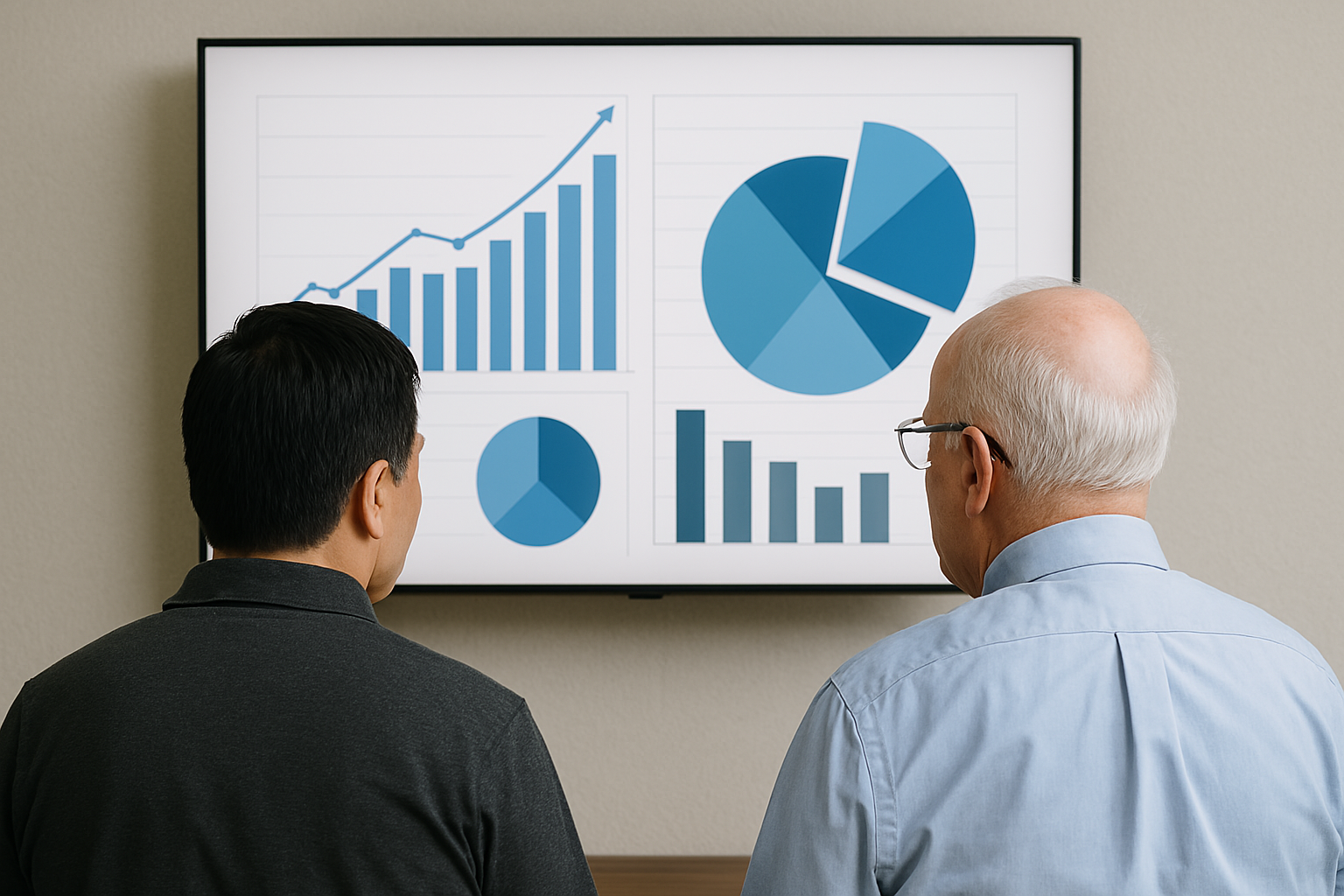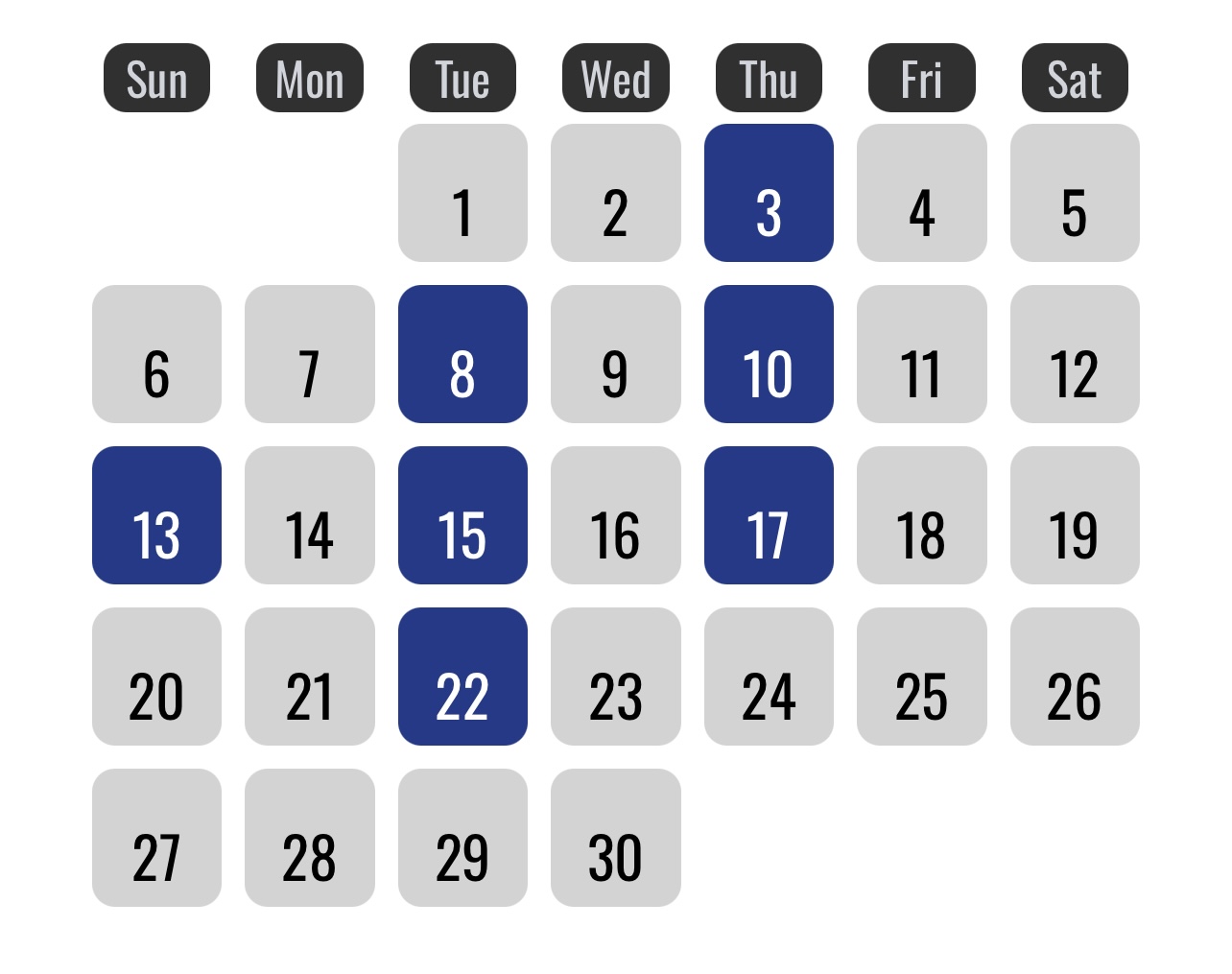Rich Dad Poor Dad Summary: Lessons in 2025

By
9 April 2025
“Rich Dad Poor Dad” by Robert T. Kiyosaki is more than just a personal finance book — it’s a mindset-shifting narrative that contrasts two perspectives on money, wealth, and life. Since its original publication in 1997, it has become a cornerstone in financial education, challenging conventional wisdom and offering practical advice through the lens of a simple yet powerful story.
I had the opportunity to read the book when I stumbled upon it in the bookshelf of a family friend. I had just completed my school education and was about to venture into college for a business degree. Kiyosaki’s ideas were radical yet grounded. It impacted how I viewed money, finances and jobs. In a culture where high-paying jobs were a measurement of success, the ideas of financial literacy and alternate income streams were treated as just afterthoughts after getting a job.
The Tale of Two Dads
At the heart of Rich Dad Poor Dad lies the contrast between two father figures: Kiyosaki’s biological father (the “Poor Dad”) and his best friend’s father (the “Rich Dad”).
- Poor Dad is highly educated, with a PhD and a stable job in government. He believes in traditional values: go to school, get good grades, and find a secure job. He emphasizes saving, living below your means, and avoiding financial risk.
- Rich Dad, though not formally educated, is a savvy businessman and investor. He champions financial literacy, taking calculated risks, and building assets that generate passive income.
Through conversations and real-life experiences, Kiyosaki learns radically different lessons from each dad — and ultimately chooses to follow the path of the Rich Dad.
Key Lessons from Rich Dad Poor Dad
1. The Importance of Financial Education
One of the central themes in the book is that schools don't teach us about money. Kiyosaki argues that traditional education focuses on academic and professional skills, but fails to prepare students for managing personal finances. Rich Dad teaches that financial education is the foundation of wealth — understanding how money works, how to make it grow, and how to keep it working for you.
Understanding assets, liabilities, income, and expenses is essential for building financial independence.
For a person just starting out in a job, various expenses crop up or impulse buying is common. I had to rein in my spending and when my salary income got boosted after promotions, I started an systematic investment plan. 2 years into my job as a software developer, the COVID epidemic struck, making my job remote and thereby reducing my expenses further as I shifted to a LCOL-area,i.e. my hometown. Instead of making impulse buys, I got a powerful laptop, an asset to help me build additional skills.
2. Assets vs. Liabilities
Perhaps the most quoted lesson from the book is this:
“The rich buy assets. The poor and middle class buy liabilities they think are assets.”
An asset is something that puts money in your pocket — like rental property, stocks, businesses, or royalties.
A liability takes money out of your pocket — such as a mortgage, car loan, or credit card debt.
This challenges the common belief that buying a house or a car is always an “investment.” Rich Dad encourages acquiring real income-generating assets and minimizing liabilities.
Of course Kiyosaki has an exception for the first home: When you set out to buy or build your home that will be your permanent home for a long period time, you should consider that as an asset. Of course, there is a popular question that is frequently asked when buying a home: "Buy now or rent now?" The choices are dependent on each person's financial situation and preferences.
3. The Rat Race
Kiyosaki describes the cycle that many people find themselves stuck in:
Get a job → earn money → spend money → pay bills → repeat.
This is the rat race — a never-ending loop of working for money without making money work for you. Poor Dad, despite being well-paid, is always one paycheck away from financial stress. Rich Dad builds passive income streams and creates freedom.
Escaping the rat race means developing cash flow from assets so you're not reliant on a salary. Every discussion on software development about salary packages would have an important element of concern: Layoffs. The high salaries of the COVID era for software developers have dried up and the recruiters have posting open positions less and less. News about layoffs are pretty frequent. Even for a software developer with sub $100k-$150k compensation packages, the safety is just not there always.
4. Mind Your Own Business
“Mind your own business” in this context means focus on building and owning income-generating assets, even if you have a day job. For example, you might work as a teacher or engineer, but on the side, you could be investing in real estate or building a small business.
This principle encourages entrepreneurial thinking and long-term financial planning. This is the main takeaway from Robert Kiyosaki’s Rich Dad Poor Dad. Looking for business opportunities and other income streams is ingrained in entrepreneurs. The urge to get out of the rat race is also a significant motivations for a person to start their own business.
I too started looking out for opportunities. It was not until I came across blogging that I understood that this was a unique opportunity to combine both my interests and my skills in web development to generate income. Blogging is a great way to create content and share personal interests to the millions of similar people. And when large number of people visit your blog site, that is when the advertisers take notice. I call websites "digital real estate" because the it has the advertising potential of an real physical advert boards or hoarding without the huge estate acquisition costs.
5. The Power of Corporations and Taxes
Kiyosaki explains how the rich legally avoid taxes by using corporations. He shows how businesses are taxed differently from individuals — and often more favorably.
- An employee earns → gets taxed → spends what's left.
- A business owner earns → spends through the business → gets taxed on what’s left.
Understanding how to structure your finances using legal frameworks is a form of financial intelligence.
6. Work to Learn, Not to Earn
Instead of chasing high salaries, Kiyosaki recommends seeking jobs or opportunities where you can learn valuable skills — sales, marketing, investing, leadership, negotiation, and communication.
He recalls how Rich Dad encouraged him to take a low-paying job in a sales company to learn how to sell — a skill he would later use to grow his businesses.
Similar to sales, the hot skill needed today is coding/web development. If you have an app idea, learning to code is great investment that not only helps in job opportunities but will help you build an online business. If you don't have an app idea, you can still buy a domain and start blogging about your interests and other skills, helping other people and getting traffic to your blog which helps in getting an additional income stream.
7. Overcoming Fear and Taking Risks
Many people let fear of losing money stop them from investing or starting a business. Kiyosaki says that the difference between the rich and the poor is not intelligence — it’s the willingness to take calculated risks and learn from failure.
Failure is part of the learning process, and financial freedom requires courage, discipline, and persistence.
Common Criticisms and Rebuttals
While Rich Dad Poor Dad has inspired millions, it’s not without critics. Some say it lacks specific, actionable steps. Others question whether Rich Dad was a real person.
Supporters argue that the book’s power lies in its mindset shift. It’s not a “how-to” manual — it’s a framework for thinking differently about money.
Kiyosaki’s ideas on financial independence, passive income, and entrepreneurship continue to help readers around the world rethink their approach to wealth.
Final Thoughts
Rich Dad Poor Dad is not about getting rich quickly. It’s about changing your relationship with money and realizing that wealth is built through knowledge, intention, and action.
Kiyosaki’s core message:
Don’t work for money. Make money work for you.
Whether you’re just starting out, thinking about investing, or trying to escape the paycheck-to-paycheck grind, this book offers timeless wisdom on building a life of financial freedom and opportunity.

Pavithran is a software developer based in Bengaluru, passionate about web development. He’s also an avid reader of SF&F fiction, comics, and graphic novels. Outside of work, he enjoys curating inspirations, engaging in literary discussions and crawling through Reddit for more mods to add in his frequent playthroughs of The Elder Scrolls V: Skyrim.

EXPLORE
